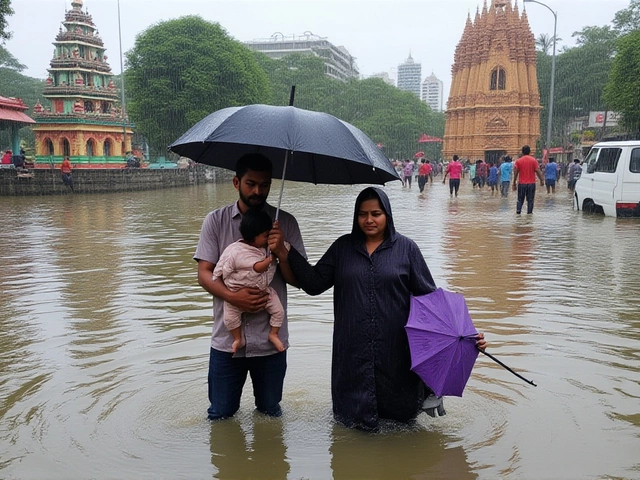Police Careers: How to Join, Prepare, and Succeed
Thinking about a career in policing? You’re not alone. Thousands of people see the badge as a chance to serve, earn a steady income, and build a respected profession. The good news is that getting into the police force follows a clear roadmap – you just need to know the steps and stay focused.
Steps to Get Started
First off, make sure you meet the basic eligibility criteria. Most Indian police departments require you to be 21‑30 years old, have a clean criminal record, and hold at least a high school diploma. Some higher‑rank positions ask for a graduate degree, so checking the specific vacancy notice is key.
Next, register for the recruitment exam. State police, central forces, and city police all run their own tests, but they usually cover three parts: a written exam, a physical fitness test, and a personal interview. The written exam tests reasoning, mathematics, general knowledge, and English. Grab a recent syllabus, practice past papers, and set a study schedule – consistency beats cramming every time.
Physical fitness is non‑negotiable. You’ll be asked to run a timed 1.6 km, do push‑ups, sit‑ups, and sometimes a skill‑specific task like obstacle navigation. Start a fitness routine at least eight weeks before the test; mix cardio with strength work, and track your progress. Even a simple daily jog plus a body‑weight circuit can move the needle.
After clearing the written and fitness stages, you’ll face a personal interview or a group discussion. Here, interviewers look for honesty, communication skills, and a genuine desire to serve. Practice answering common questions like “Why do you want to join the police?” or “How would you handle a difficult crowd?” Keep answers concise, back them with real examples, and stay calm.
Tips for a Strong Application
Documentation matters. Gather your birth certificate, educational certificates, caste certificate (if applicable), and recent passport‑size photos. Double‑check the vacancy notice for any extra documents like an NOC if you’re employed elsewhere.
Build a solid resume that highlights any leadership roles, community service, or sports achievements. Even if you’ve never been in a uniform, volunteering with NGOs, coaching a local team, or organizing events shows the traits police look for – responsibility, teamwork, and quick decision‑making.
Network with current or former police officers. A short chat can give you insider tips on the interview vibe, recommended study material, or how the training academy operates. Many officers are happy to share their experience, especially if you approach them respectfully.
Finally, stay updated on current affairs. Police exams often include sections on recent law changes, major national events, and basic constitutional knowledge. Reading a reputable newspaper daily and following a concise current‑affairs podcast can keep you sharp without overload.
Once you clear all stages, you’ll be posted to a training academy for a 6‑month to 1‑year stint. The academy focuses on law, weapons handling, self‑defense, and community policing. Treat this period like a crash course – ask questions, practice drills, and build camaraderie with your batchmates.
Remember, a police career isn’t just about the badge; it’s about lifelong learning, staying fit, and continuously serving the community. Follow these steps, stay disciplined, and you’ll increase your chances of joining the force.

A man from Bareilly in Uttar Pradesh was detained by the police after he was accused of looting a bank. However, soon after he was detained, he died in police custody. The autopsy report revealed that he died due to torture by the police officers. Following this, the police officers have been booked for murder and an investigation has been launched. The family of the man has accused the police of taking the law into their own hands and mistreating the accused. The police, however, have denied any wrong-doing.
Continue Reading




